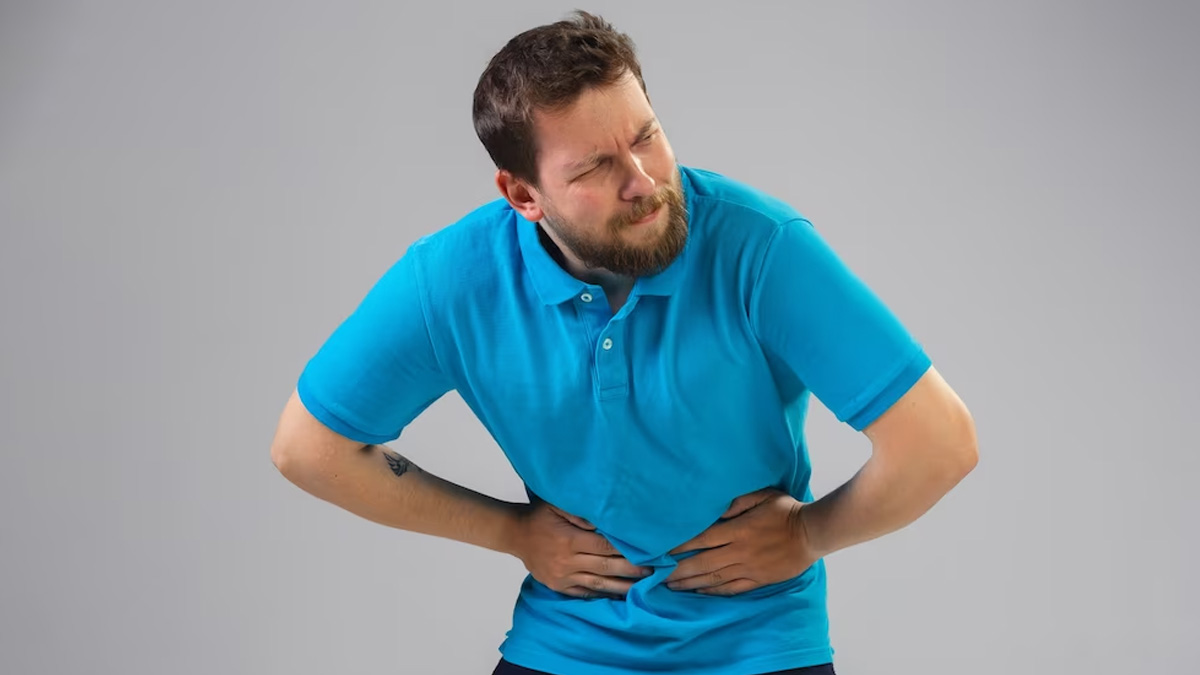
Typhoid fever, caused by the Salmonella Typhi bacteria causing high fever, weakness, and gastrointestinal distress, can take a toll on the body. If you've recently recovered from typhoid, it's time to focus on regaining your strength and energy. Here are some valuable tips to help you on your recovery.
Table of Content:-
Ample Rest Is Required
Recovery begins with ample rest. Your body has been through a lot, and it needs time to heal. Make sure to get plenty of sleep and take short naps during the day if needed. Avoid overexertion, and listen to your body's signals.
Hydration Is Important
Typhoid can lead to dehydration, so it's crucial to replenish lost fluids. Drink plenty of water, clear soups, and oral rehydration solutions to maintain proper hydration levels. This will help your body recover more efficiently.
Also read: Understand Typhoid for Better Paediatric Care in Monsoon
Follow A Strict Balanced Diet
A nutritious diet is essential for recovery. Focus on easily digestible foods like rice, boiled vegetables, and lean proteins. Incorporate fruits and vegetables for essential vitamins and minerals. Avoid spicy or greasy foods that may irritate your digestive system.
Gradual Reintroduction of Foods
If you've experienced gastrointestinal issues during typhoid, reintroduce solid foods gradually. Start with small, easily digestible portions and then gradually increase the complexity of your meals as your digestive system heals.
Monitor Temperature
Continue to monitor your body temperature regularly. A persistent fever may indicate that the infection hasn't completely cleared, and you should consult your healthcare provider.

Follow Medical Advice
Stick to the medication regimen prescribed by your doctor. Completing the full course of antibiotics is crucial to ensure that the bacteria are entirely eliminated from your system.
Gentle Exercise
While you need rest, gentle physical activity like short walks can help improve your circulation and energy levels. Avoid strenuous exercise until you're fully recovered.
Maintain Hygiene
Maintain good hygiene practices, such as frequent handwashing and proper food handling, to prevent reinfection or the spread of the disease to others.

Listen to Your Body
Your body will communicate its needs during recovery. If you experience any unusual symptoms or setbacks, don't hesitate to reach out to your doctor for guidance.
Also read: Here Are 7 Warning Signs of Typhoid That You Should Not Ignore
Follow-up Appointments
Don't skip follow-up appointments with your doctor. These check-ups are essential to ensure that you're on the right track to complete recovery.
Typhoid recovery takes time, and patience is essential. Everyone's healing process is different, so be gentle with yourself and give your body the time it needs to heal completely.
Also watch this video
How we keep this article up to date:
We work with experts and keep a close eye on the latest in health and wellness. Whenever there is a new research or helpful information, we update our articles with accurate and useful advice.
Current Version